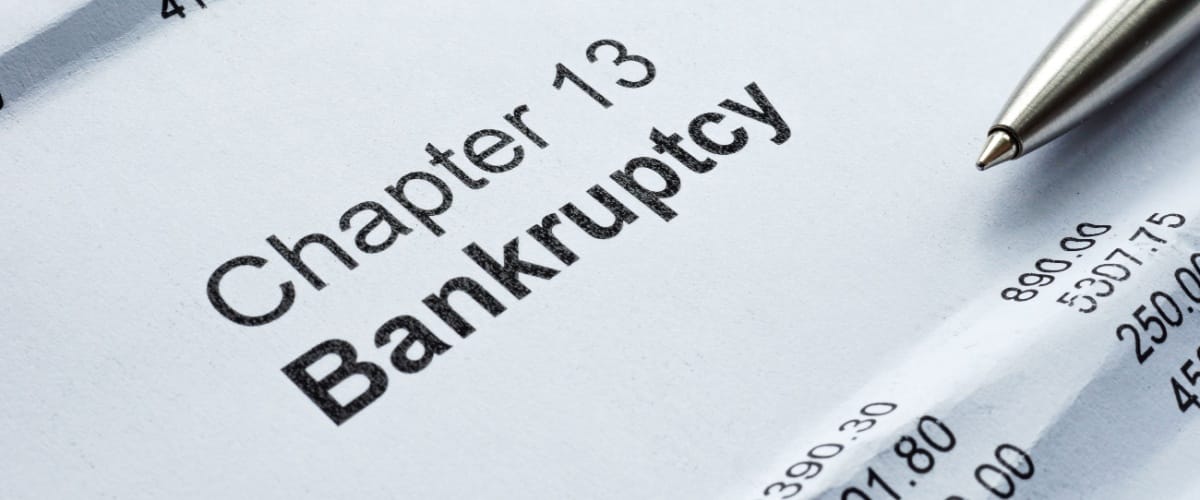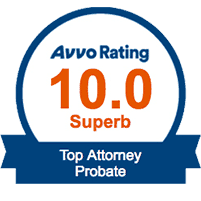Elgin Chapter 13 Bankruptcy Lawyer
Chapter 13 bankruptcy offers a powerful solution for individuals who are struggling with debt but have a regular source of income and want to protect their valuable assets. Often called a “wage earner’s plan” or a “reorganization bankruptcy,” Chapter 13 allows you to consolidate your debts into a single, affordable monthly payment over a three- to five-year period. At The Law Offices of Anthony R. Scifo, we specialize in helping clients in Elgin, IL, craft effective Chapter 13 plans that stop foreclosure, prevent repossession, and provide a clear path back to financial stability.
Unlike other forms of bankruptcy that involve liquidating assets, Chapter 13 is focused on reorganization. It provides the time and legal protection you need to catch up on past-due payments while keeping your property. To determine if a Chapter 13 filing is the right strategy for your financial goals, call our Elgin office at (847) 628-8311 for a free and confidential consultation.

Is Chapter 13 Bankruptcy the Right Solution for You?
Chapter 13 is a versatile tool that can solve a number of financial challenges. It is often the best choice for individuals who:
- Are facing home foreclosure and want to keep their house.
- Are behind on vehicle payments and want to avoid repossession.
- Have a steady income but are overwhelmed by high-interest debt, such as credit card or medical bills.
- Do not qualify for Chapter 7 bankruptcy because their income is above the state median.
- Have valuable, non-exempt property they would lose in a Chapter 7 filing.
- Need to pay back non-dischargeable debts, like recent taxes or domestic support, over a manageable period.
How a Chapter 13 Repayment Plan Works
The core of a Chapter 13 bankruptcy is the repayment plan. We will work closely with you to create a customized plan that is affordable and meets all legal requirements. This plan acts as a new budget, approved by the court, that restructures your financial life for the next three to five years. For an official overview of the process, the United States Courts website is an excellent resource.
Here’s how it generally works:
- We calculate your disposable income—the amount left over each month after paying for necessary living expenses like housing, food, and utilities.
- Based on your disposable income and the types of debt you have, we formulate a plan where you make one monthly payment to a court-appointed bankruptcy trustee.
- The trustee distributes this payment to your creditors according to a priority system. Secured and priority debts (like mortgage arrears and taxes) are addressed, while unsecured creditors (like credit card companies) often receive only a fraction of what they are owed.
- At the end of the plan, any remaining eligible unsecured debt is discharged, meaning it is wiped out completely.
The Power of Chapter 13 to Save Your Home and Car
One of the most significant benefits of Chapter 13 is its ability to protect your most important assets from creditors.
Stopping Foreclosure
Chapter 13 provides a robust strategy for foreclosure defense. The moment you file, the Automatic Stay halts any foreclosure action against your home. Your repayment plan will then include a provision to “cure the arrearage”—meaning you can catch up on all of your missed mortgage payments over the 3-5 year life of the plan, all while resuming your regular monthly mortgage payments. This allows you to save your home and get back on solid footing.
Preventing Repossession and Managing Car Loans
Similarly, Chapter 13 can stop the repossession of your vehicle. The repayment plan allows you to catch up on missed payments over time. In some cases, if you have had your car loan for a certain period and owe more than the car is worth, we may be able to use a “cramdown” to reduce the principal balance of the loan to the vehicle’s current fair market value, potentially lowering your payments.
Frequently Asked Questions About Chapter 13
What is the difference between Chapter 13 and Chapter 7?
The primary difference is that Chapter 13 is a reorganization plan for those with income, while Chapter 7 is a liquidation that wipes out debt for those with limited income and assets. Chapter 13 is used to save assets like houses and cars, while Chapter 7 is a faster “fresh start” for unsecured debt.
What happens if I can’t make my Chapter 13 payments?
If your financial situation changes during your plan (for example, due to a job loss), you have options. We can petition the court to modify your plan, request a temporary suspension of payments for hardship, or, in some cases, convert your case to a Chapter 7 bankruptcy.
How much will my monthly payment be?
Your payment amount is customized based on your specific circumstances. It is calculated based on what you can afford to pay, the types of debt you need to repay (like mortgage arrears), and the value of any non-exempt property you own.
Take Control of Your Finances with a Reorganization Plan
If you have a steady income but are trapped by debt and at risk of losing your property, Chapter 13 bankruptcy can provide the structure and legal protection you need. Let The Law Offices of Anthony R. Scifo build a plan that works for you.
Call our Elgin office today at (847) 628-8311 for a free consultation to explore your options.



